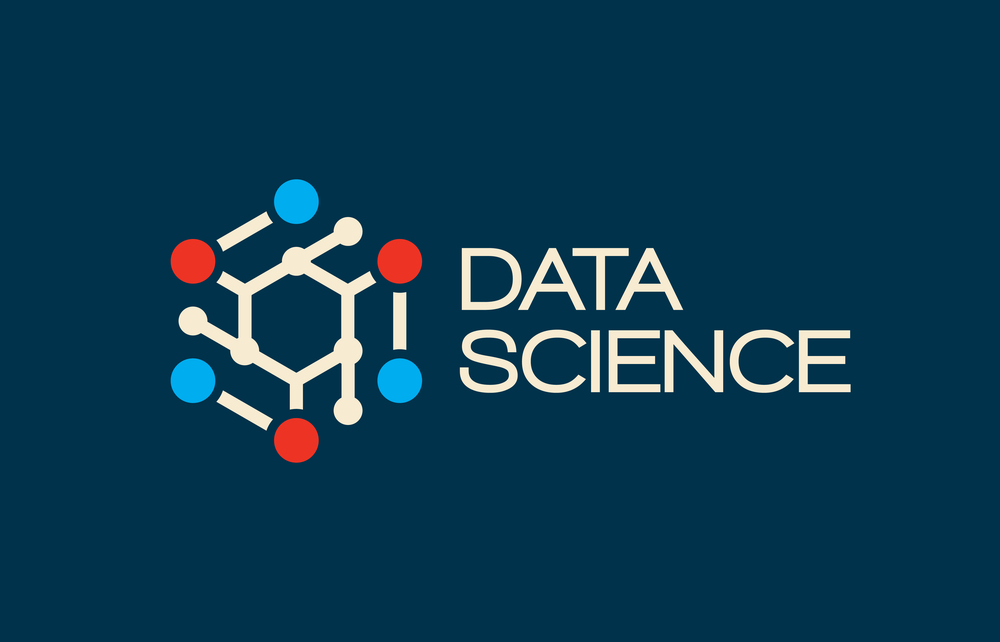Introduction:
In the era of digital transformation, data science has emerged as a powerful tool for extracting valuable insights from vast amounts of data. Over the years, data science has evolved significantly, driven by advancements in technology, methodologies, and the increasing demand for data-driven decision-making. In this article, we'll explore the evolution of data science, delve into current trends, and speculate on future directions in this dynamic field.
The Evolution of Data Science:
Data science traces its roots back to the early days of computing when statisticians and mathematicians began leveraging computers to analyze data. However, it wasn't until the late 20th century that the term "data science" gained prominence, fueled by the exponential growth of data generated by digital technologies.
The Evolution of Data Science:
Data Collection and Storage:
Initially, data collection was limited to structured data stored in relational databases. However, with the advent of the internet and IoT devices, the volume, variety, and velocity of data exploded, leading to the adoption of big data technologies like Hadoop and NoSQL databases for efficient storage and processing.
Machine Learning and Predictive Analytics:
Machine learning algorithms revolutionized data analysis by enabling computers to learn from data and make predictions without being explicitly programmed. This led to the rise of predictive analytics, empowering organizations to anticipate trends, identify patterns, and make data-driven decisions.
Data Visualization and Storytelling:
Data visualization emerged as a crucial aspect of data science, allowing analysts to communicate insights effectively to stakeholders. Advanced visualization tools like Tableau and Power BI enable users to create interactive dashboards and compelling visualizations that enhance understanding and drive action.
Ethical Considerations and Responsible AI:
As data science continues to permeate various aspects of society, ethical considerations around data privacy, bias, and transparency have come to the forefront. Responsible AI practices, such as fairness, accountability, and transparency, are increasingly emphasized to ensure that data-driven technologies benefit society as a whole.
Democratization of Data Science:
Advancements in cloud computing and the proliferation of open-source tools have democratized access to data science capabilities. Today, individuals and organizations of all sizes can leverage platforms like Google Colab, Kaggle, and Azure ML to build and deploy machine learning models without significant upfront investment.
Trends in Data Science:
Augmented Analytics:
Augmented analytics, powered by AI and machine learning, aims to enhance human intelligence by automating data preparation, insight discovery, and interpretation. By integrating natural language processing and automated model building, augmented analytics streamlines the data analysis process and empowers non-technical users to derive insights effortlessly.
Edge Computing and IoT Analytics:
With the proliferation of IoT devices, there's a growing need to analyze data at the edge to minimize latency and bandwidth constraints. Edge computing enables real-time analytics and decision-making closer to the data source, making it ideal for applications like predictive maintenance, smart cities, and autonomous vehicles.
Explainable AI (XAI):
Explainable AI addresses the black-box nature of many machine learning models by providing transparent and interpretable explanations for their predictions. As regulatory requirements and ethical concerns around AI continue to evolve, XAI becomes essential for building trust and accountability in AI systems.
Federated Learning:
Federated learning enables collaborative model training across distributed data sources without centralized data aggregation. This approach preserves data privacy and security while allowing organizations to harness the collective intelligence of decentralized data for model improvement.
Conclusion:
The evolution of data science has been characterised by continuous innovation, driven by technological advancements, changing business needs, and societal challenges. As we look to the future, data science will continue to evolve, shaping industries, transforming economies, and empowering individuals with data-driven insights. By staying abreast of current trends and embracing emerging technologies, organisations can leverage the power of data science to drive innovation and create a positive impact in the world. To embark on your journey in this exciting field, enroll now in a comprehensive Data Science Course in Dehradun, Kanpur, Kolkata, Agra, Delhi, Noida and all cities in India.


No comments yet